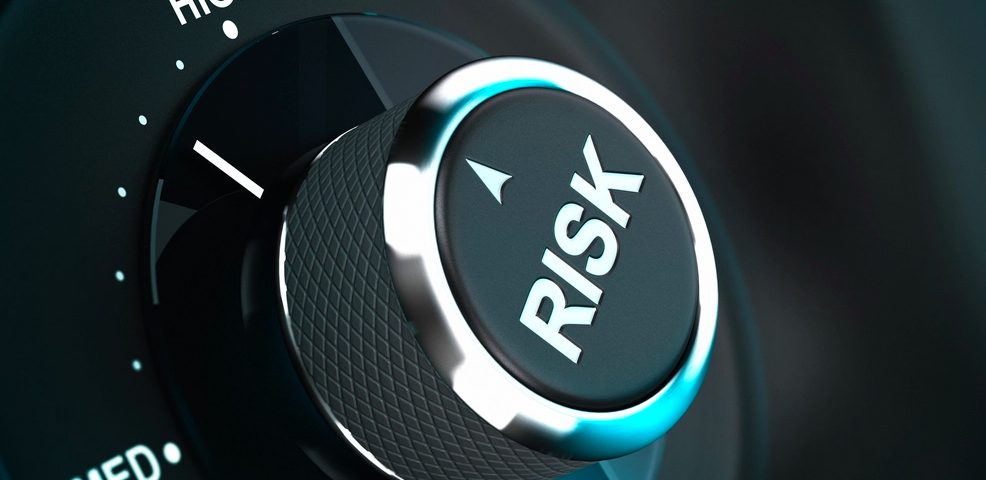With the novel coronavirus that causes COVID-19 spreading to the United States, and as someone living with chronic disease, I’m beginning to feel helpless. At first, I wasn’t too concerned about becoming infected. I’m already pretty cautious about limiting my exposure to sick people, not touching surfaces in public with my bare hands, and using hand sanitizer after touching those surfaces and shaking people’s hands.
Then I heard on the news that hand sanitizer was in short supply at stores. I was already running low, so I decided to stop by my neighborhood store to get an extra bottle. When I saw the empty store shelves, I started to panic. I could make homemade sanitizer with isopropyl alcohol and aloe vera gel, but those were out of stock, too. I’ve been to four stores in the past week with no luck. Fortunately, my mother and sister found a couple of bottles of hand sanitizer for me in their part of town.
Both the Remicade (infliximab) I take for Crohn’s and the Prograf (tacrolimus) I take to prevent rejection of my transplanted liver are immunosuppressants. Being immunocompromised, I fall into the high-risk group that needs to be protected from COVID-19. No matter how proactive I am about defending myself, I have to depend on those around me — both loved ones and strangers — to avoid exposing me. Doing so means admitting that I’m not as resilient as I let on.
For so long, I’ve felt stuck in limbo between the world of the sick and the world of the healthy. At times, I feel like a poser, living in both worlds but not quite fitting in either. I wouldn’t say I’m in denial about my chronic diseases. I’m just too stubborn to let them define me.
Last month, I wrote about not identifying as a “spoonie,” a term coined by lupus patient Christine Miserandino. I’ve created such a “normal” life for myself that I live like I’m healthy. Having an invisible disability makes disguising my diseases easy. A person on the street wouldn’t know I was sick just by looking at me.
Compared to other IBD patients, I’m fortunate — especially since I’ve been in remission. I read other survivors’ stories about multiple surgeries, having their entire colons removed, not finding relief from treatments, and needing an ostomy bag.
Sometimes, I feel guilty for not feeling sick. I don’t feel like I have the right to claim my chronic disease or say that I have an invisible disability. While others suffer, I’m able to work eight or more hours a day and have the energy and endurance to exercise four days a week.
However, as the number of confirmed cases of COVID-19 continues to rise, I’m coming to terms with not being healthy no matter how I feel. If I become infected, I’ll most likely require a hospital stay under close medical supervision rather than a couple of days in my bed with a box of tissues.
All I can do is heed my transplant nurse’s advice to treat it like I would a flu outbreak and stay away from crowds, avoid sick people, and wash or sanitize my hands before touching my face. The Crohn’s and Colitis Foundation offers similar guidelines for IBD patients to avoid infection and about what to do if they are exposed to the virus.
Like everyone else, I’m anxiously waiting either for COVID-19 to dissipate or for scientists to develop a vaccine. I’ve started carrying extra masks and latex gloves in my purse in addition to my usual wipes and hand sanitizer in case I or anyone else needs them. With two autoimmune diseases, my own body tries to kill me every day. I’m not going to let a little virus take me down without a fight.
***
Note: IBD News Today is strictly a news and information website about the disease. It does not provide medical advice, diagnosis, or treatment. This content is not intended to be a substitute for professional medical advice, diagnosis, or treatment. Always seek the advice of your physician or other qualified health providers with any questions you may have regarding a medical condition. Never disregard professional medical advice or delay in seeking it because of something you have read on this website. The opinions expressed in this column are not those of IBD News Today, or its parent company, BioNews Services, and are intended to spark discussion about issues pertaining to IBD.

